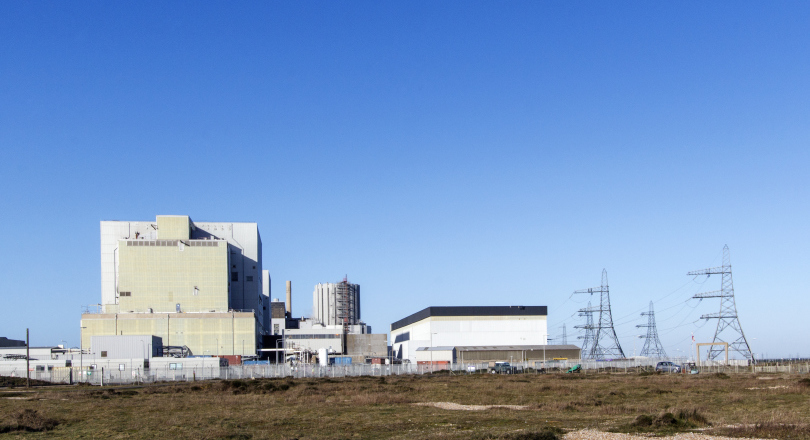The union was due to start balloting members in nuclear decommissioning next week on proposals to reform their pensions.
But uncertainty over whether these members will be covered by the cap on public sector exit payments – introduced in the the 2016 Enterprise Act – has delayed the timescale for the ballot.
In a letter to David Gauke MP, Chief Secretary to the Treasury, Prospect deputy general secretary, Dai Hudd, said the position was now urgent because it is impacting on Prospect’s ability to ballot members on proposals to reform their pensions.
Hudd also warned that the uncertainty is causing industrial unrest within companies responsible for nuclear decommissioning in the UK.
Although Prospect agreed that pension reform and the severance cap needed to be dealt with separately, clarity over the scope of the cap is now essential.
“Members who feel betrayed by the government’s decision to renege on guarantees given when the industry was privatised may be less receptive to the deal they are about to be balloted on.
“There is a legitimate sense of grievance because these employees are being treated as private sector workers when that suits, and as public sector workers when it comes to the exit payment cap,” said Hudd.
He pointed out in an earlier letter to the Treasury that a number of organisations, including banks and broadcasters, that were originally listed as falling under the cap were subsequently excluded from it.
“Prospect members working for companies that have equally compelling cases for exemption from the scope of the cap do not believe that their circumstances received equal consideration,” especially members employed by the Atomic Weapons Establishment Ltd.
“Members who feel betrayed by the government’s decision to renege on guarantees given when the industry was privatised may be less receptive to the deal they are about to be balloted on,” said Hudd.
“There is a legitimate sense of grievance because these employees are being treated as private sector workers when that suits, and as public sector workers when it comes to the exit payment cap.”
Patricia Gibson, MP for North Ayrshire and Arran, organised a debate in Westminster Hall on 21 March because of concerns over the betrayal of nuclear workers.
During the debate, MPs highlighted how pensions reform not only breaks statutory commitments from previous governments, but contradicts assurances not to touch nuclear workers’ pensions given during the passage of the Enterprise Act in parliament last year.
On the cap on exit payments, business minister Margot James said: “The energy minister is in discussion with the Treasury to try to clarify the point, so that the workforce know where they stand…
“We recognise that nuclear decommissioning is a closure industry and many workers have devoted careers to the industry, knowing that their sites may close before they retire.
“We are actively exploring the potential impact of the cap on workforces at sites that are being decommissioned and are on the path to closure, such as Hunterston A.”

